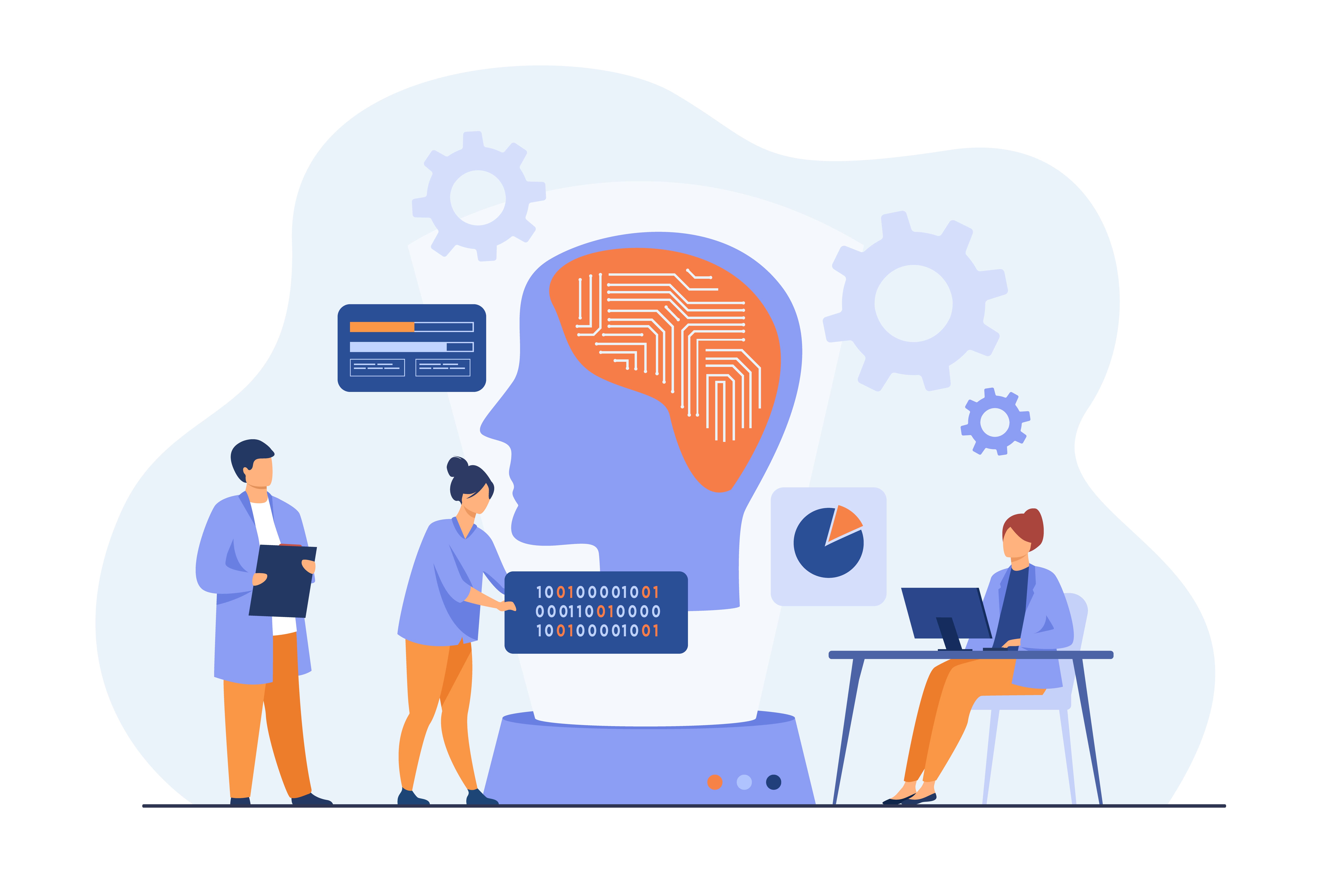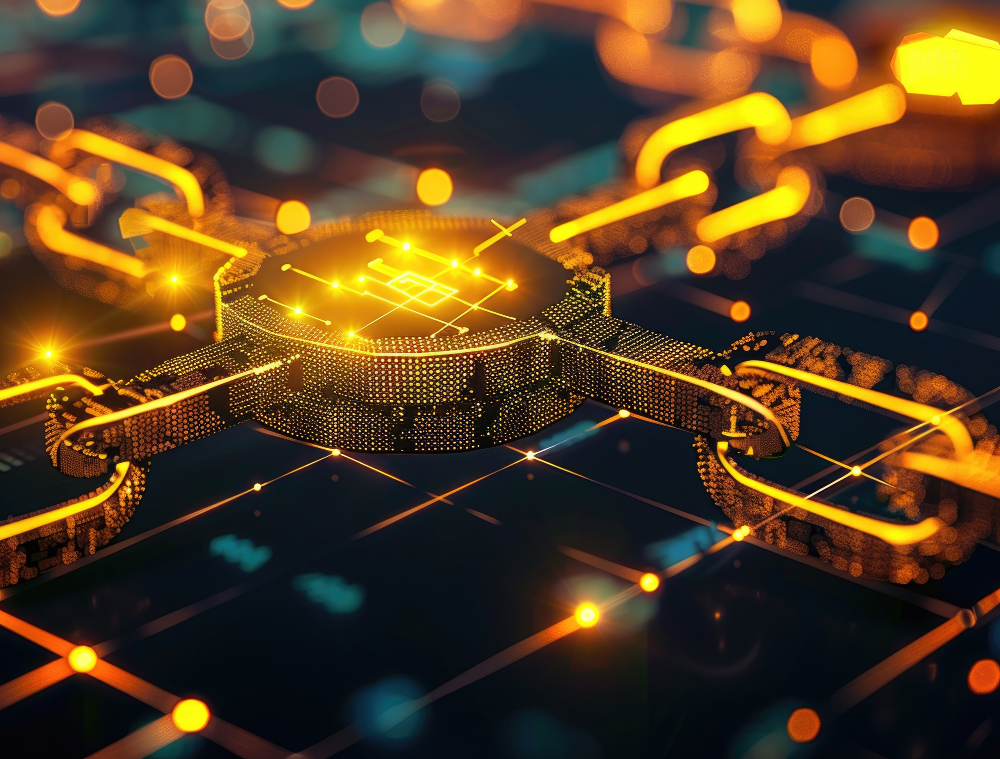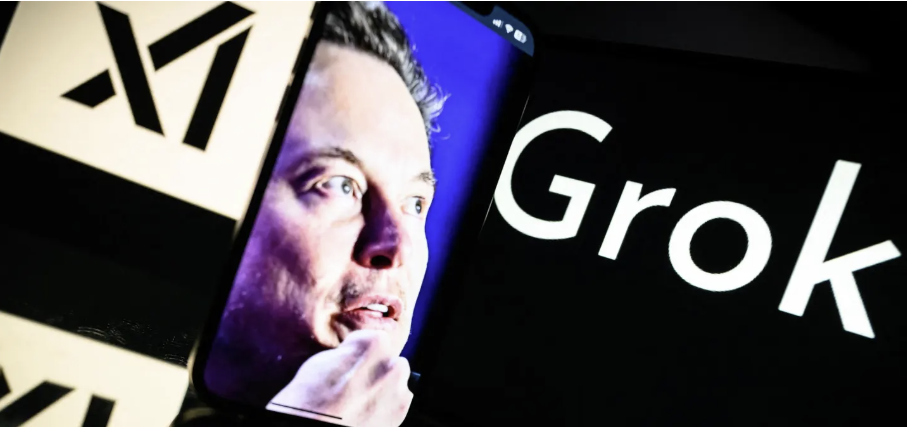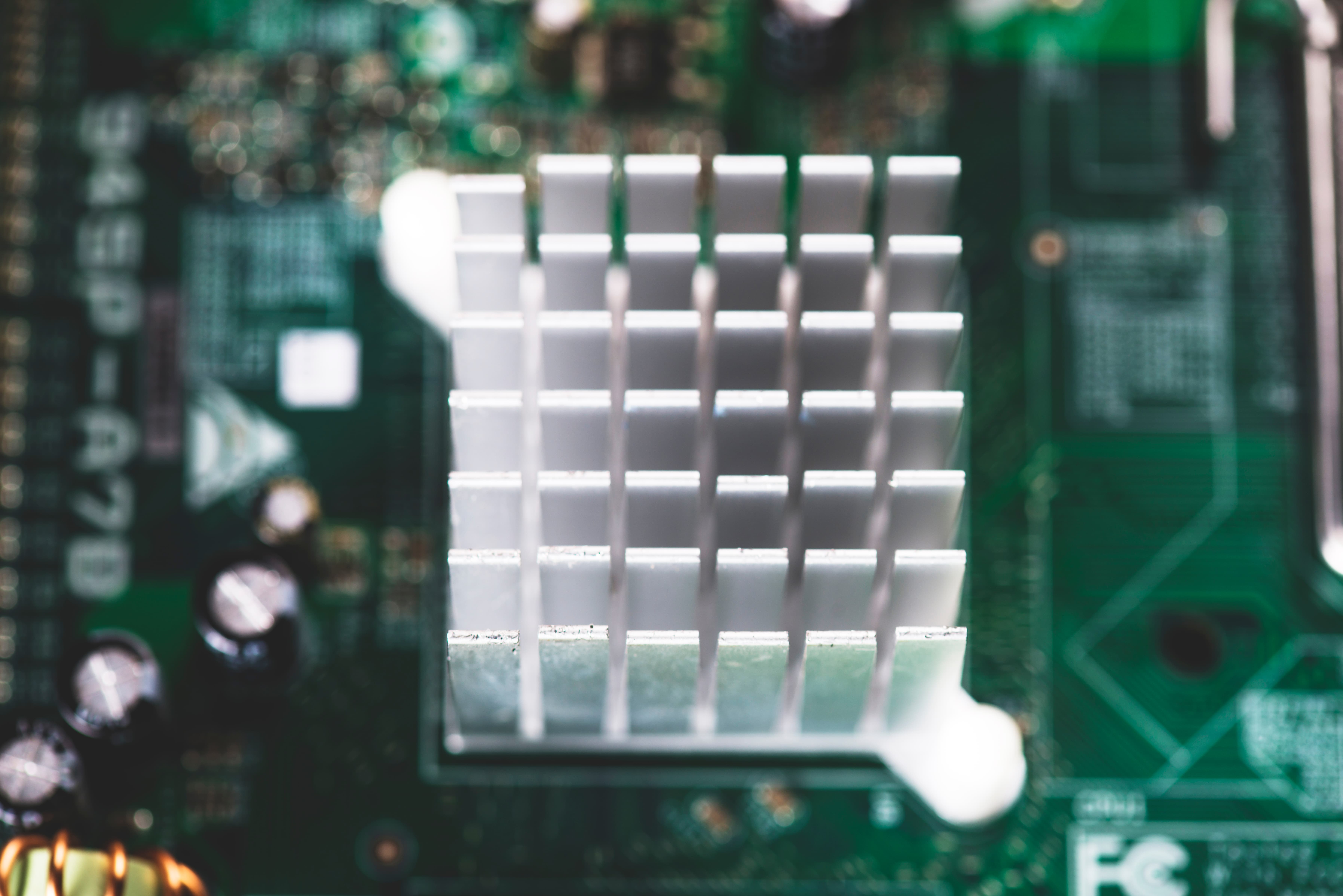Pinterest is giving boards an AI upgrade, adding smarter recommendations, fresher layouts, and built-in shopping to help users move from ideas to action worldwide over the coming months.
New tabs tailor each board: Make it yours for fashion and some home decor, More ideas for categories like beauty or recipes, and All saves as a single place to find everything previously pinned.
In the US and Canada, Styled for you creates dynamic AI collages from saved fashion Pins, letting people mix and match apparel and accessories, preview outfits, and shop items that fit their taste.
Pinterest is also testing Boards made for you, personalised boards curated with editorial input and AI picks, delivered to home feeds and inboxes, featuring trending styles, weekly outfit ideas, and shoppable looks.
Executives say boards remain central to Pinterest’s experience; the new AI features aim to act like a personal shopping assistant while keeping curation simple and privacy-respecting by design.
Would you like to learn more about AI, tech, and digital diplomacy? If so, ask our Diplo chatbot!









